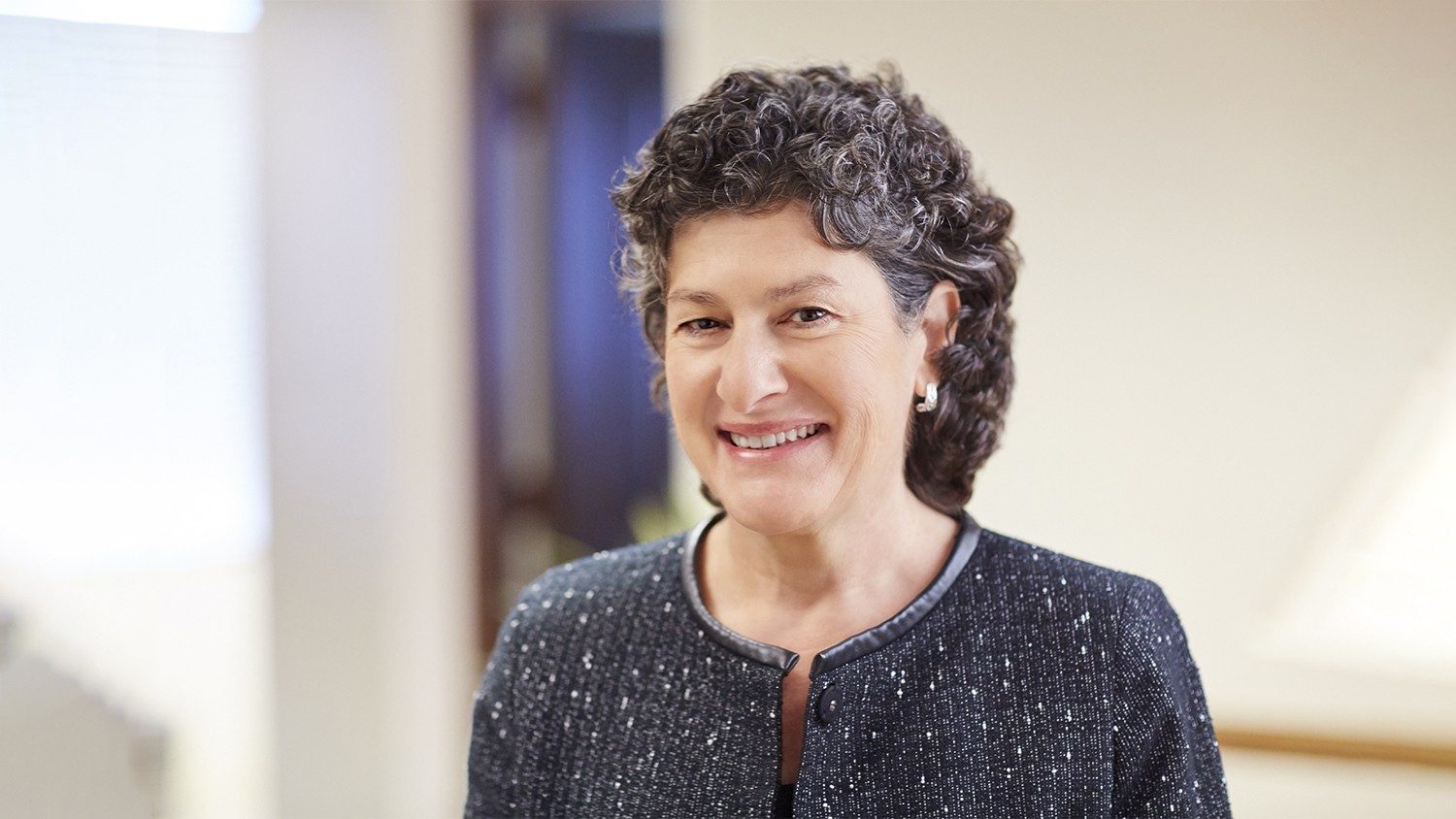ne in five Americans relies on Medicaid for healthcare. That includes half of all U.S. children and more than 40% of all births. Now imagine over 10 million people losing that access. That’s the reality if proposed Medicaid funding cuts move forward.
In the latest episode of The Healthy Project Podcast, host Corey Dion Lewis sat down with Sister Mary Haddad, president and CEO of the Catholic Health Association of the United States, to break down what these cuts mean for our communities and why we should all be paying attention.
🎧 Listen to the full podcast: Medicaid at a Crossroads on The Healthy Project
📺 Watch the conversation: YouTube Interview with Sr. Mary Haddad
What You Need to Know
Medicaid isn’t just a program. It’s a lifeline.
Unlike Medicare, Medicaid is a joint federal and state program that serves people who are low-income, elderly, pregnant, disabled, or otherwise vulnerable. Cuts to Medicaid affect access to care—especially in under-resourced communities.
The proposed changes include:
- Work requirements that could lead to people being kicked off coverage due to burdensome paperwork.
- Frequent eligibility checks that increase the chances of unintentional loss of benefits.
- Restrictions on retroactive coverage for people who arrive at the hospital uninsured.
- Reduced provider payments that could close clinics and limit services.
- Less incentive for states to expand Medicaid under the ACA.
These changes don't just impact those enrolled in Medicaid. They could lead to overcrowded emergency rooms, increased healthcare costs for everyone, and more stress on already strained health systems.
Who Gets Hit the Hardest
The most at-risk groups include:
- Children and mothers (41% of U.S. births are covered by Medicaid)
- People with disabilities
- Seniors in nursing homes (Medicaid is the primary payer for long-term care)
- Rural and low-income communities already facing limited access to care
Sister Mary warns that we’ll see more people turning to ERs for basic care—when it’s already too late, and much more expensive.
This Isn’t Just About “Dependency”
There’s a narrative that work requirements encourage employment, but data shows otherwise. Unemployment is already at historic lows. Many who would be affected are caregivers, dealing with childcare or eldercare, or facing barriers that can’t be fixed with red tape. According to Sister Mary, this is a solution searching for a problem—and it could do real harm.
Ripple Effects Across the System
States may respond by raising taxes or cutting other services. Hospitals in rural areas could close. Health care workers could lose jobs. And with fewer dollars for things like maternal health, oral care, and chronic disease prevention, the social drivers of health are at risk of being ignored.
Sister Mary also points out that this isn’t just a Medicaid issue—it’s an everyone issue. When coverage drops, hospitals still deliver care, and those costs get passed on to all of us.
What You Can Do
- Stay informed: Understand how Medicaid cuts may affect your state and community.
- Use your voice: Contact your elected officials. Ask how they plan to protect healthcare access.
- Hold leaders accountable: Policy decisions must reflect the needs of the people.
- Get involved: Join local advocacy efforts or coalitions working to preserve Medicaid.
Final Word
As Sister Mary said, “If we get complacent, we’re complicit.” These cuts aren’t just about budget lines. They’re about people—mothers, children, seniors, neighbors—who deserve access to care.
If you care about public health, justice, and community wellbeing, this is your call to action.
🎧 Don’t miss the full conversation:
Listen to the podcast
📺 Or watch it on YouTube
🗣️ Share this with a friend, a neighbor, or someone who needs to hear it.
📬 Subscribe to The Healthy Project for more community-rooted health updates.

.avif)













